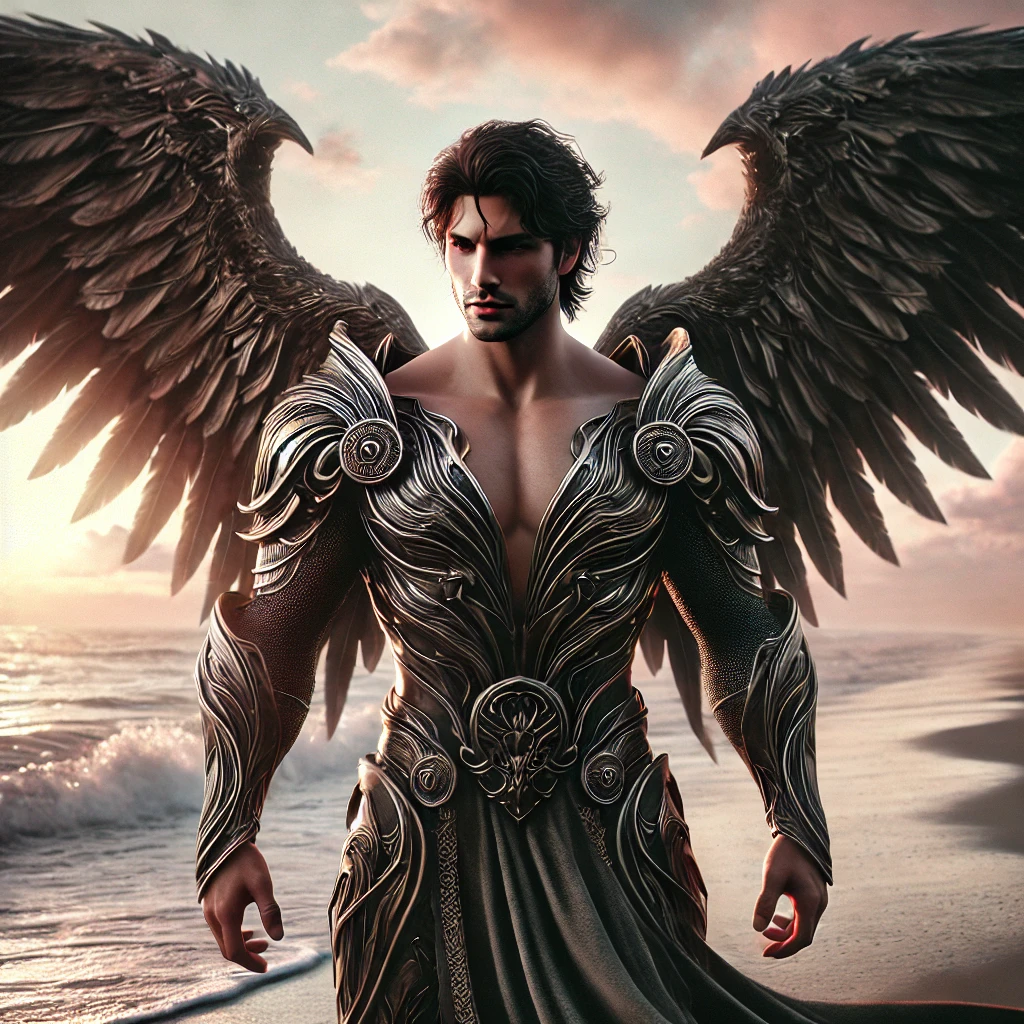The Origin of Angels: A Historical and Spiritual Perspective
The origin
of angels is a topic deeply rooted in the mythologies, religious texts, and spiritual traditions of various cultures. This exploration draws upon ancient scriptures, historical beliefs, and spiritual interpretations to present a comprehensive understanding of how angels came to be.
Ancient Scriptures and Religious Texts
Judeo-Christian Traditions
In Judeo-Christian beliefs, angels are considered celestial beings created by God to serve as messengers, protectors, and warriors. The Bible provides several accounts of their creation and purpose.
- Genesis: The Book of Genesis describes the creation of the heavens and the earth, implying the existence of angels before humanity. Angels are seen as part of God’s creation, intended to serve and worship Him.
- Book of Enoch: This ancient Jewish text expands on the role and hierarchy of angels, detailing the fall of certain angels who descended to Earth and interacted with humans, leading to the Nephilim.
Islamic Traditions
In Islam, angels (Malak) are also considered divine beings created by Allah from light. The Quran frequently mentions angels, describing their roles in conveying God’s messages and executing His will.
- Creation from Light: Islamic tradition states that angels were created from Noor (divine light) before the creation of humans and jinn. They are pure beings who do not possess free will and are entirely devoted to worship and service.
Mythological and Cultural Perspectives
Zoroastrianism
One of the oldest known monotheistic religions, Zoroastrianism, speaks of angelic beings known as Amesha Spentas and Yazatas. These entities serve Ahura Mazda, the supreme deity, and aid in the maintenance of order and the fight against evil.
- Amesha Spentas: They are divine attributes personified and represent aspects such as truth, justice, and divine power. They work alongside lesser angels, the Yazatas, to protect and guide humanity.
An
cient Greek and Roman Mythology
In Greek and Roman mythology, beings similar to angels can be found, although they are not referred to by that name. These beings include daimones and lesser gods who acted as intermediaries between the gods and humans.
- Daimones: These spirits were considered protectors and guides, influencing the moral and spiritual lives of humans.
Spiritual Interpretations and Modern Perspectives
New Age and Esoteric Beliefs
Modern spiritual movements often reinterpret the concept of angels, viewing them as higher-dimensional beings or spirit guides who assist in human spiritual evolution.
- Higher Dimensions: In these beliefs, angels are seen as entities from higher dimensions who can influence the physical world through their wisdom and energy. They are often associated with healing, protection, and spiritual guidance.
Psychological Perspectives
Carl Jung, the Swiss psychiatrist, viewed angels as archetypal symbols representing deeper aspects of the human psyche. According to Jung, angels embody the collective unconscious and serve as guides to self-discovery and inner transformation.
Conclusion
The concept of angels spans across various cultures and religious traditions, each contributing to a rich tapestry of beliefs about these celestial beings. From the ancient scriptures of Judaism, Christianity, and Islam to the mythologies of ancient civilizations and modern spiritual interpretations, angels have consistently been seen as messengers, protectors, and guides. Their origins, often shrouded in divine mystery, reflect humanity’s enduring fascination with the spiritual realm and the unseen forces that shape our existence.
By understanding the diverse perspectives on the origin and nature of angels, we can appreciate their profound role in the spiritual and cultural history of humanity. Whether viewed through the lens of ancient texts or modern spirituality, angels continue to inspire and guide us, embodying the eternal connection between the divine and the mortal.


